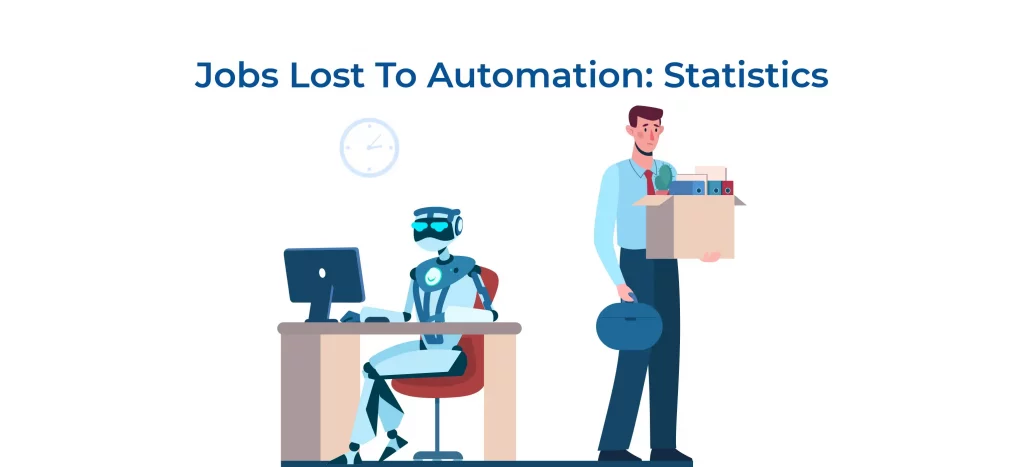2024 has been a challenging year for the music industry, with significant layoffs shaking the foundations of record labels and other music companies. If you’ve recently found yourself without a music industry job, it’s crucial to navigate this transition thoughtfully. Here’s a look at what’s happening in the industry and some strategic steps you can take to move forward.
Industry Layoffs and Impact
This year, the music industry has faced a series of high-profile layoffs and downsizing efforts, affecting many record labels and related companies. Universal Music Group (UMG) and Warner Music Group (WMG) have both made notable reductions in their workforce, citing restructuring and shifting market demands. Additionally, smaller independent labels and music management firms have also been impacted, with some dropping artists and closing doors.
These layoffs are part of a broader trend where the industry is adjusting to new market realities, including the rise of digital streaming, changing consumer behaviors, and evolving technology. As traditional revenue streams become less reliable, record labels are forced to streamline operations and reassess their business models.
Exploring New Opportunities
Losing your position at a record label can be daunting, but it also opens the door to new opportunities. Here are some potential career paths and job roles that may align with your skills and experience:
- Music Marketing Specialist: With a deep understanding of the music industry, you can transition into music marketing, focusing on promoting artists, albums, and live events through digital and traditional channels.
- Talent Manager: If you have a knack for spotting talent and building relationships, talent management could be a natural fit. This role involves guiding artists’ careers, negotiating deals, and strategizing their public image.
- Music Consultant: Offer your expertise to other businesses or artists as a consultant. You can help with branding, marketing strategies, or business development, leveraging your industry knowledge in a flexible role.
- Digital Content Creator: With the rise of social media and digital platforms, creating content for artists, labels, or music-related brands can be a lucrative option. This role might involve writing, video production, or social media management.
- Project Manager: Your experience managing complex projects in the music industry can translate well into project management roles in other sectors. This could include overseeing events, coordinating teams, or managing client relationships.

Reinventing Yourself
If you’re looking to reinvent yourself or start something new, consider these options:
- Start Your Own Music Business: With your background, you might consider launching an independent label, a management agency, or a music publishing company. Your industry connections and expertise can provide a strong foundation for success.
- Music Tech Startups: The intersection of music and technology is booming. You could get involved with startups focused on music streaming technology, AI-driven music analytics, or innovative music production tools.
- Consultancy and Coaching: Use your experience to offer consultancy services to new or struggling artists and businesses. You can provide guidance on marketing, branding, or business development.
- Freelance Work: Consider freelancing in areas such as music supervision for films and TV shows, event planning, or music journalism. This can offer flexibility and a chance to leverage your existing skills in new ways.
- Educational Roles: Share your knowledge by teaching music business courses or workshops. Educational institutions and online platforms often seek industry veterans to provide practical insights to the next generation of music professionals.
Final Thoughts
While job loss can be a setback, it also presents an opportunity to explore new career paths and reinvent yourself. The music industry is evolving rapidly, and with your skills and experience, you’re well-positioned to adapt and thrive in new roles or ventures. Stay informed about industry trends, leverage your network, and consider how your unique expertise can be applied in different contexts. Embrace this transition as a chance to grow and explore new possibilities.
By staying proactive and open to change, you can navigate this challenging period successfully and continue making an impact in the music world or beyond.




